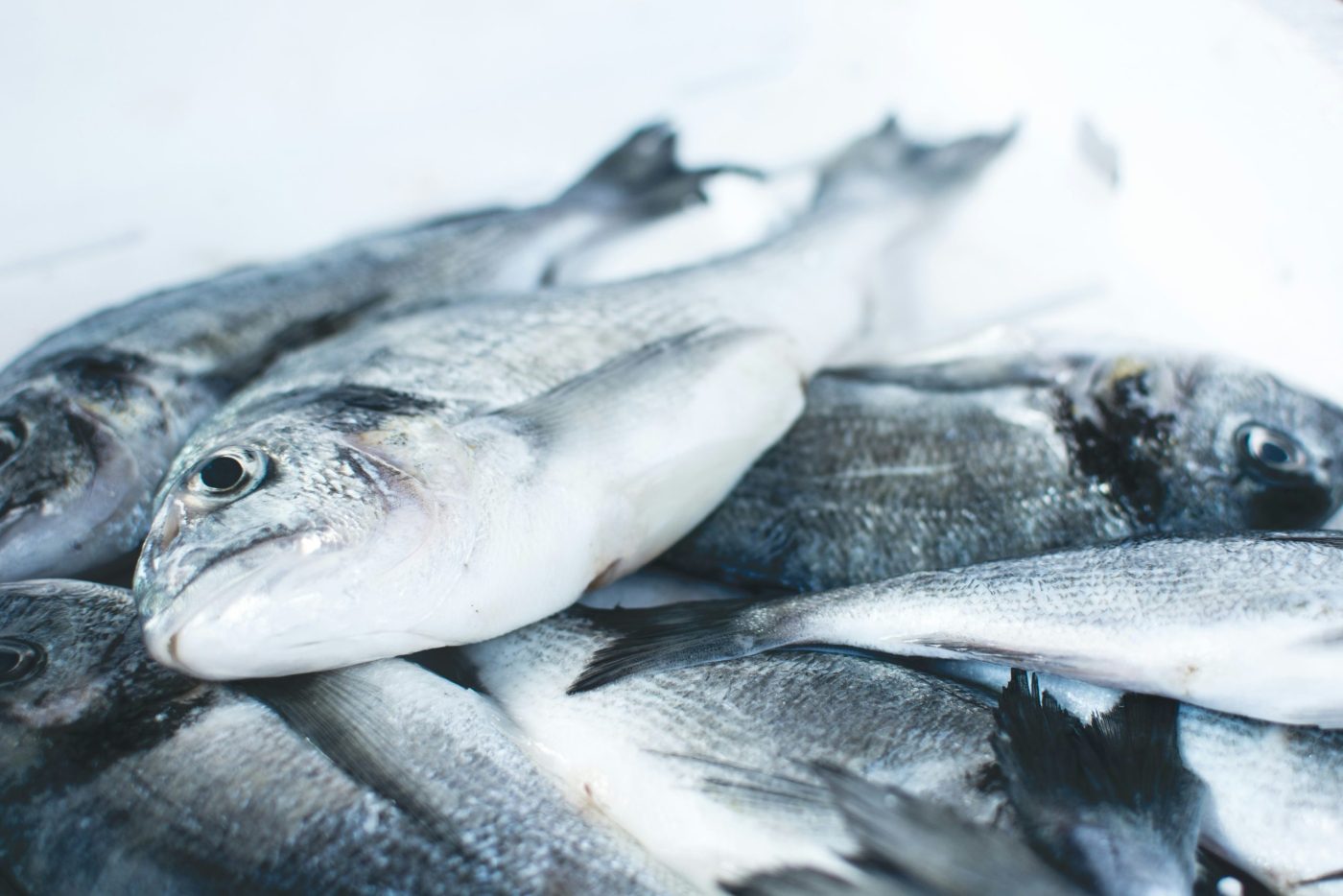
Overfishing will eventually lead to the death of our planet’s aquatic ecosystem.
That’s the serious message three east Auckland school pupils have shared with Prime Minister and Botany MP Christopher Luxon and Pakuranga MP Simeon Brown.
Bucklands Beach Intermediate School pupils Leo Calland, Riley Graham and Carlos Wang have written to the politicians to urge the Government to take action to stop overfishing.
They were spurred into action as part of their end-of-year 8 exhibition, which requires them to identify an important issue and ways to effect change for the future.
“It has come to our attention that overfishing rates are really high which is why we need to stop it,” the pupils wrote to Luxon and Brown.
“Our action is to have more marine protected areas in New Zealand.
“Having these would be amazing as that would mean less beautiful areas of New Zealand would be at risk from overfishing.
“This also would limit the amount of overfishing as there would be less fisheries.
“Only 30 per cent of New Zealand’s oceans are MPA’s [marine protected areas] which is why we think we can do much better.
“Our second action is to implement much stronger limits on fishing.
“Stricter limits would help overfishing rates so much as it would balance the overfishers out.
“If they fish too much and we fish a little bit less, it would help balance it out at least a tiny bit.
“Our third action is to completely BAN bottom trawling. Bottom trawling is the biggest offender to overfishing.
“Overfishing rates would completely plummet if bottom trawling was banned. It would mean a lot to us if you pushed for these changes.”

Leo says it’s a “rising problem”.
“It can be really bad in the future because all seafood would be fully gone. It’s happening everywhere in the world.”
Riley adds that the group has learned a lot about overfishing such as how it ruins the ocean’s food chain and the impact it has on the ecosystem.
The pupils say as seafood becomes scarcer the price of fish will increase, which will have an economic impact on consumers.
“We’ve learned about marine reserves, which are when the Government implements a reserve where you cannot fish anywhere,” Leo says.
“About 20 per cent of the world’s oceans are reserves. We’d really like to see more of them.
“We want to see ours get bigger because New Zealand’s waters are beautiful and it’s sad to see them destroyed.”
The group’s making posters to install at local coastal locations warning people against overfishing, Leo says.
“It’s to make them realise what overfishing is and how it’s bad and what it’s going to do in future. We’re thinking of doing a QR code so people can scan it.”









